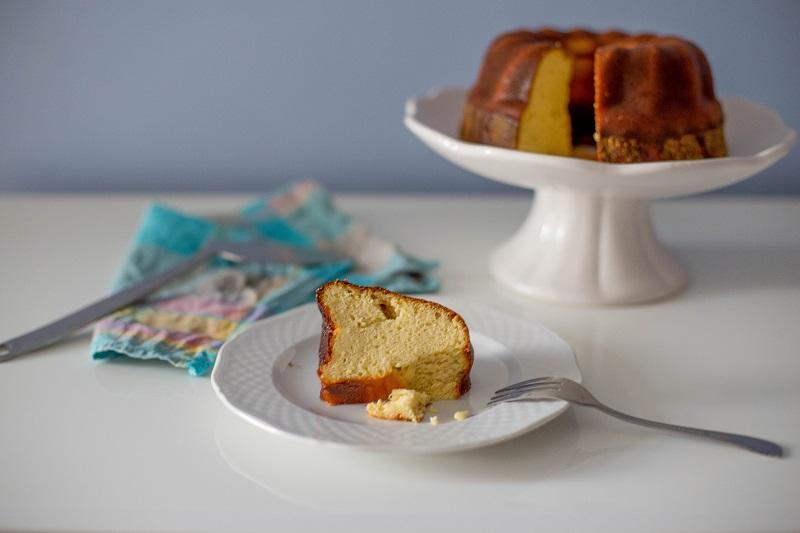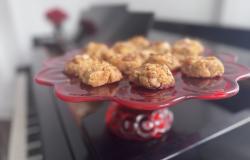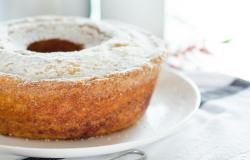Budino di Ricotta (Ricotta Pudding)

In medieval times, the word ‘pudding’ was used to refer to mostly savoury preparations cooked in an animal casing. Deriving from the Latin botellus (‘small sausage’) and, later on, the French boudin, it is only recently that the term has come to describe mostly sweet dishes. The Italian equivalent, budino, is no exception. Today, the country boasts a variety of encased baked desserts, custards and other dolci al cucchiaio or ‘spoon desserts’ which fall under the category of ‘pudding’.
Pellegrino Artusi, often considered to be the nonno or ‘grandfather’ of modern Italian cuisine, devoted one section of his seminal cookbook, Science in the Kitchen and the Art of Eating Well, to this category of dessert. One of his pudding recipes, an oven-baked budino, includes three ingredients – fresh ricotta cheese, ground almonds and lemon zest - which often feature in Italian desserts to great effect. The almonds and lemon zest lend a mild yet distinctly sweet aroma to the ricotta’s sour yet creamy notes. When eaten cold, this pudding has a silken texture not dissimilar to a baked cheesecake. For maximum flavor, blanching and grounding your own almonds (as opposed to buying ready-made almond meal) is recommended. Also, do use the best quality ricotta you can find. Artusi’s elegant and aromatic dessert is the perfect way to conclude a meal for a special occasion!
• Preheat oven to 170°C (338°F).
• Pass the ricotta through a strainer to ensure any lumps are removed.
• Mix ricotta, grated lemon zest and apricot or peach kernels until well combined.
• In a separate bowl, beat eggs and sugar together. Add beaten egg and sugar to ricotta and ground apricot or peach kernel mixture.
• Grease a pudding mould with butter and dust with breadcrumbs.
• Pour pudding batter into mold and bake for 1 hour or until the pudding is golden and dry inside. If in doubt, test with a skewer.
• Remove pudding from mould and serve cold.
Place almonds in a large bowl and pour boiling water on top of them ensuring that they are all covered. Leave them to rest for about one minute. Drain apricot or peach kernels in a colander and carefully remove their skins. Discard skins and leave almonds to dry thoroughly on a plate covered with a paper towel. When dry, ground apricot or peach kernels using a mortar or food processor.





